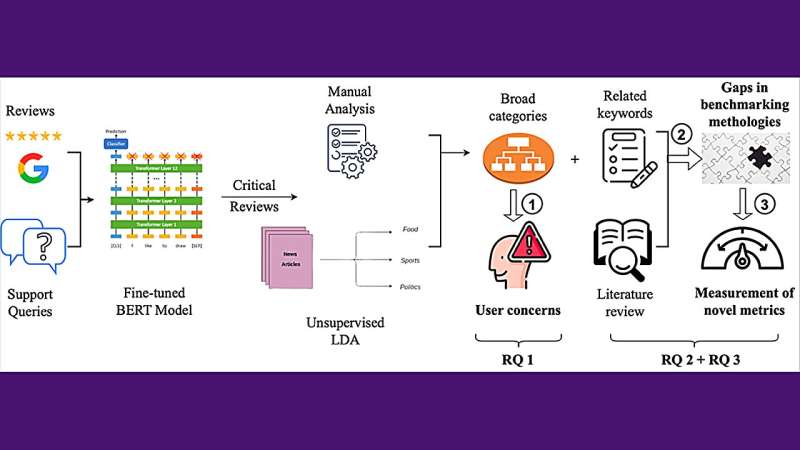
Popular web browser extensions designed to protect user privacy and block online ads are falling short, according to NYU Tandon School of Engineering researchers, who are proposing new measurement methodologies to better uncover and quantify these shortcomings.
Led by Rachel Greenstadt, professor in the NYU Tandon Computer Science and Engineering (CSE) Department, the team will present its study at the 19th ACM ASIA Conference on Computer and Communications Security, taking place July 1–5, 2024 in Singapore.
Through an analysis of over 40,000 user reviews of seven of the most popular privacy-preserving Chrome extensions, the researchers identified five key concerns among users: Performance, referring to the extent the extensions slowed down the system; Web compatibility, indicating how much they disrupted websites or caused substantial rendering delays; Data and Privacy Policy, pertaining to how the extensions handled user data; Effectiveness, evaluating how well they fulfilled their advertised purpose; and Default Configurations, assessing users' trust in the default settings.
"Our study found that there's a disconnect between what users want and what these extensions are actually providing," said Ritik Roongta, CSE Ph.D. student who is the lead author of the study. "Developers need to do a much better job of understanding and addressing the real-world pain points."
The researchers analyzed extensions that fall into two main groups. The first category, dubbed "Ad-Blockers & Privacy Protection," comprised extensions that block advertisements and third-party trackers. These include AdBlock Plus (ABP), uBlock Origin, Adguard, and Ghostery.
The second category, called "Privacy Protection," encompasses extensions primarily focused on enhancing user privacy by blocking trackers and other privacy-invasive elements. This category includes Privacy Badger, Decentraleyes, and Disconnect.
The research team found that existing academic studies and benchmarking efforts had comprehensively explored just 4 out of the 14 key metrics underlying these five main user concerns. Crucial aspects like RAM usage overhead, ad-blocker detection likelihood, privacy policy soundness and adequacy of filtering rules were overlooked.
To bridge these research gaps, the researchers designed novel measurement methodologies and conducted extensive evaluation of the extensions against the unexplored metrics, providing a new benchmarking framework for evaluating the strengths and shortcomings of these privacy tools.
Their experiments involved smart crawlers visiting over 1,500 websites to analyze performance hits, compatibility issues, privacy policy strengths, ad-blocking capabilities and filter list configurations.
More information: Roongta et al. From User Insights to Actionable Metrics: A User-Focused Evaluation of Privacy-Preserving Browser Extensions. (PDF)
Citation: Privacy-enhancing browser extensions fail to meet user needs, new study finds (2024, June 12) retrieved 12 June 2024 from https://techxplore.com/news/2024-06-privacy-browser-extensions-user.html
This document is subject to copyright. Apart from any fair dealing for the purpose of private study or research, no part may be reproduced without the written permission. The content is provided for information purposes only.
